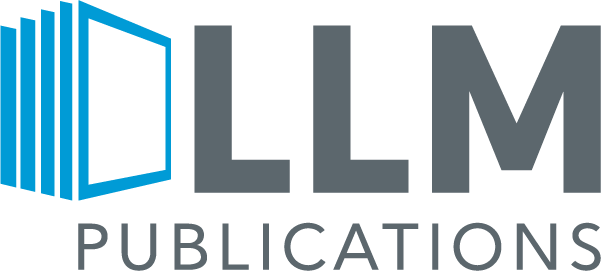 It does not matter how many programs your association offers, how many discounts are in your vendor referral program, or how well produced your magazine is if member interactions with association staff are less than ideal.
It does not matter how many programs your association offers, how many discounts are in your vendor referral program, or how well produced your magazine is if member interactions with association staff are less than ideal.
Unfortunately, the challenge for all association leaders, and their member organizations as well, is the fact that it is hard to retain talented, ambitious, driven employees who want to challenge themselves and grow in their positions.
The Virginia Asphalt Association shared some valuable tips for their member organizations in an article that featured Tom and Melissa Laughon, founders of a leadership development firm based in Richmond, VA. The article offers observations based on their experience working with a variety of companies and leaders, pointing readers to six keys to a leader’s successful retention of talented employees:
Leaders must be accountable for their behavior
- Great leaders imbue a sense of purpose and meaning into work
- Leadership is a lifelong journey
- People need to feel valued and respected
- When the basics, such as pay and benefits, are covered, it is culture that gives you a competitive advantage
- Your culture and organizational health requires the same planning and strategy as finance, operations, and marketing
Read the full article here.
Global staffing firm, Robert Half, also suggests 14 ways to improve employee retention:
- Onboarding and orientation that teaches new staff members about their job as well as company culture
- Mentorship programs that provide ongoing guidance to new employees
- Employee compensation, including salary, bonuses, paid time off, health benefits and retirement plans, that is competitive with others in your market
- Perks that include paid time off for volunteering, occasional catered lunches, or free snacks and coffee – all of which boost morale and set you apart from other employers
- Wellness offerings that keep staff fit mentally, physically, and financially
- Communication and feedback to encourage ideas, questions, and conversations about concerns
- Annual performance reviews that include discussion of short- and long-term goals
- Training and educational opportunities to continue employees’ professional development
- Recognition and rewards systems that make people feel appreciated
- Work-life balance that recognizes that everyone has a life outside work
- Flexible working arrangements – compressed workweeks to avoid commutes during rush hours and telecommute days
- Effective change management that includes open communications and transparency
- Emphasis on teamwork and collaboration
- Acknowledgement of milestones – large and small



